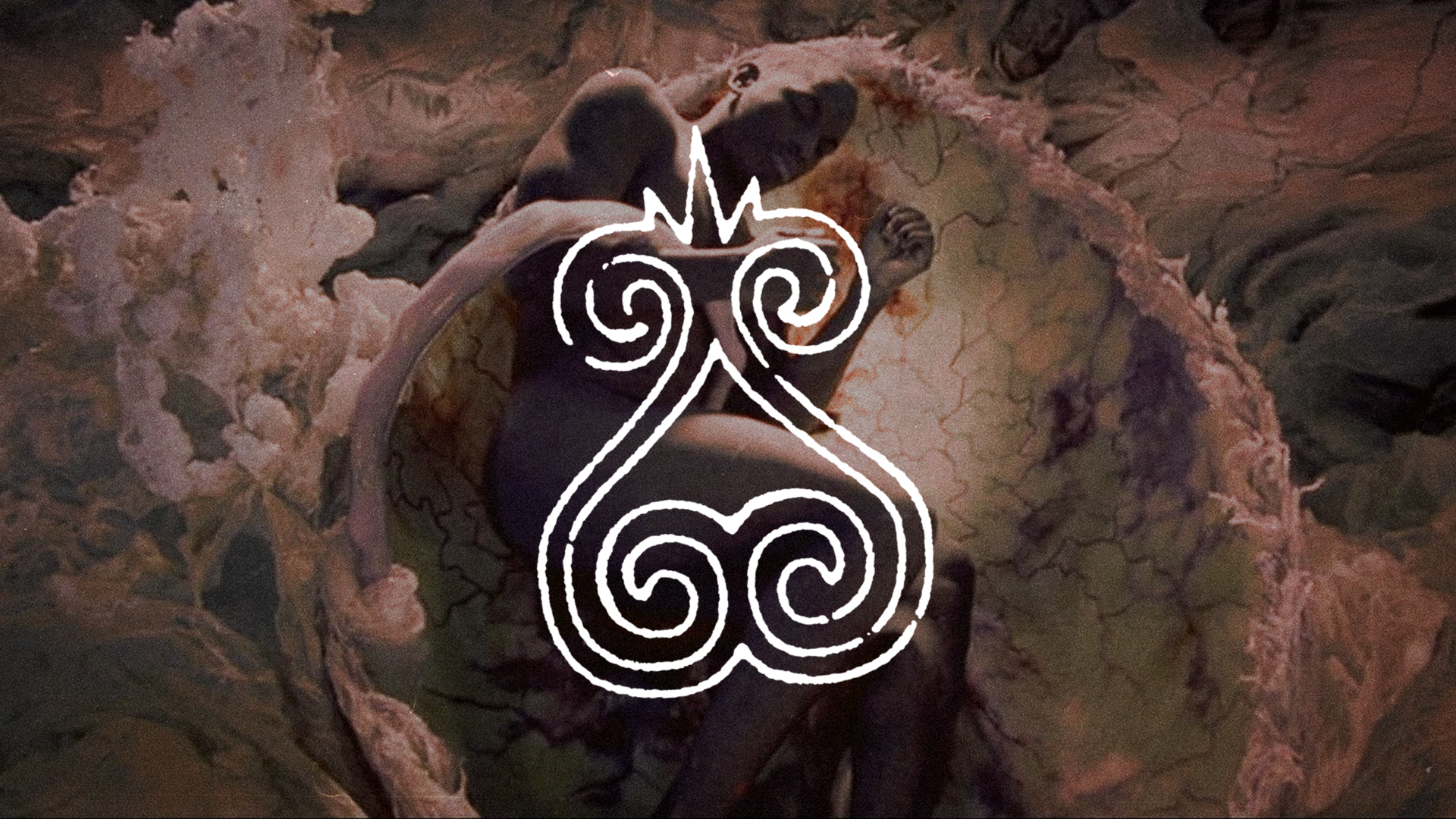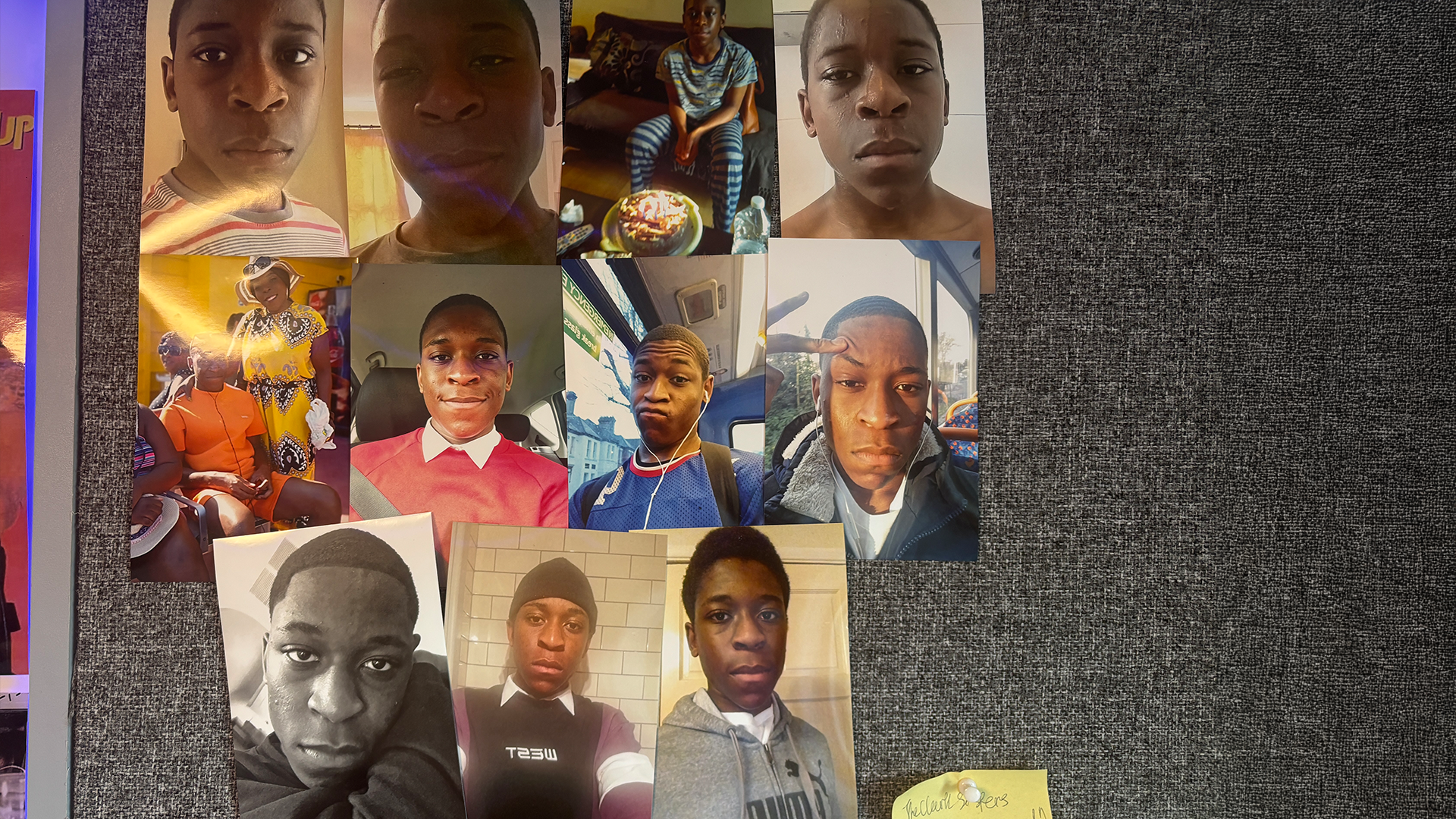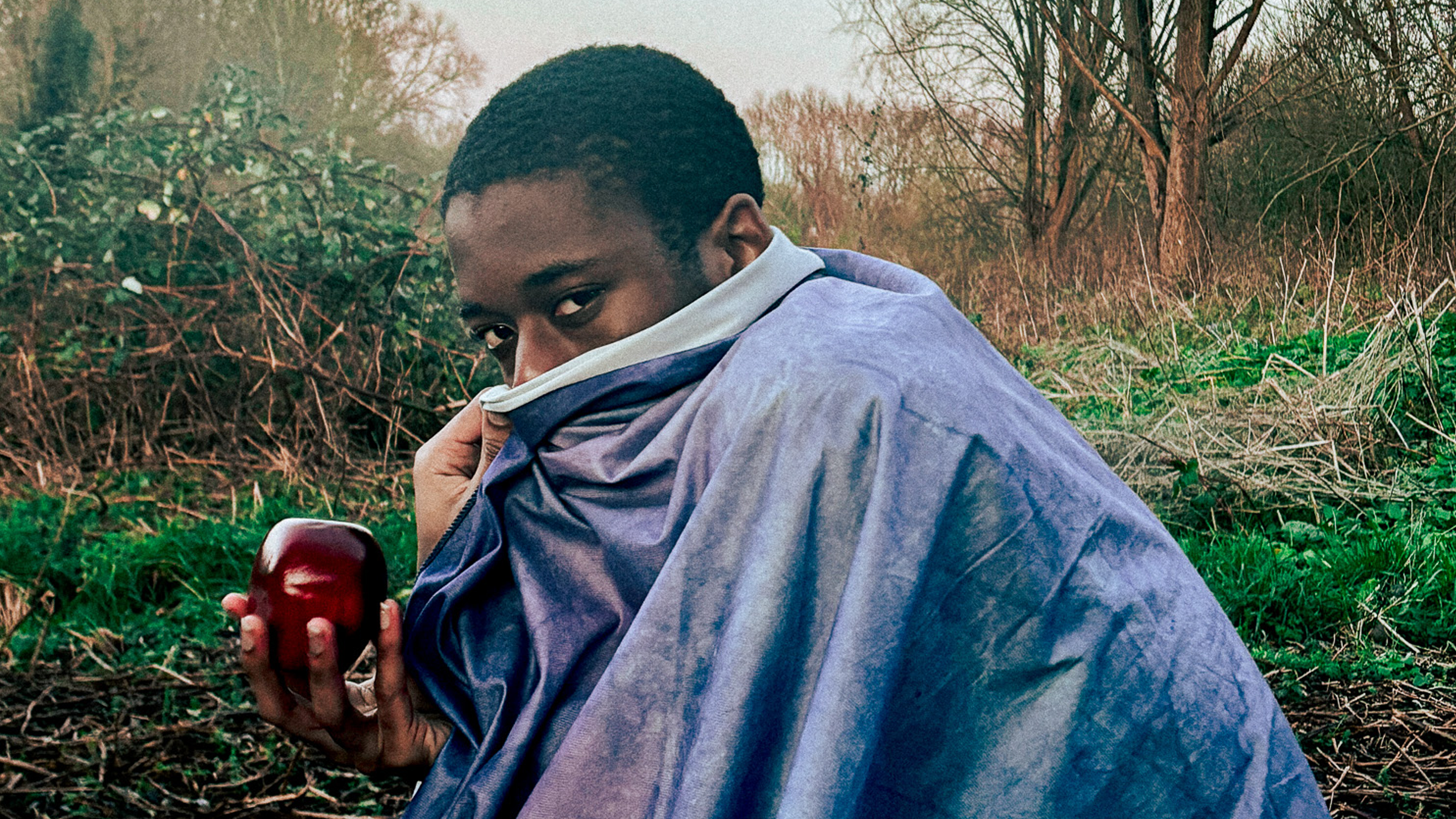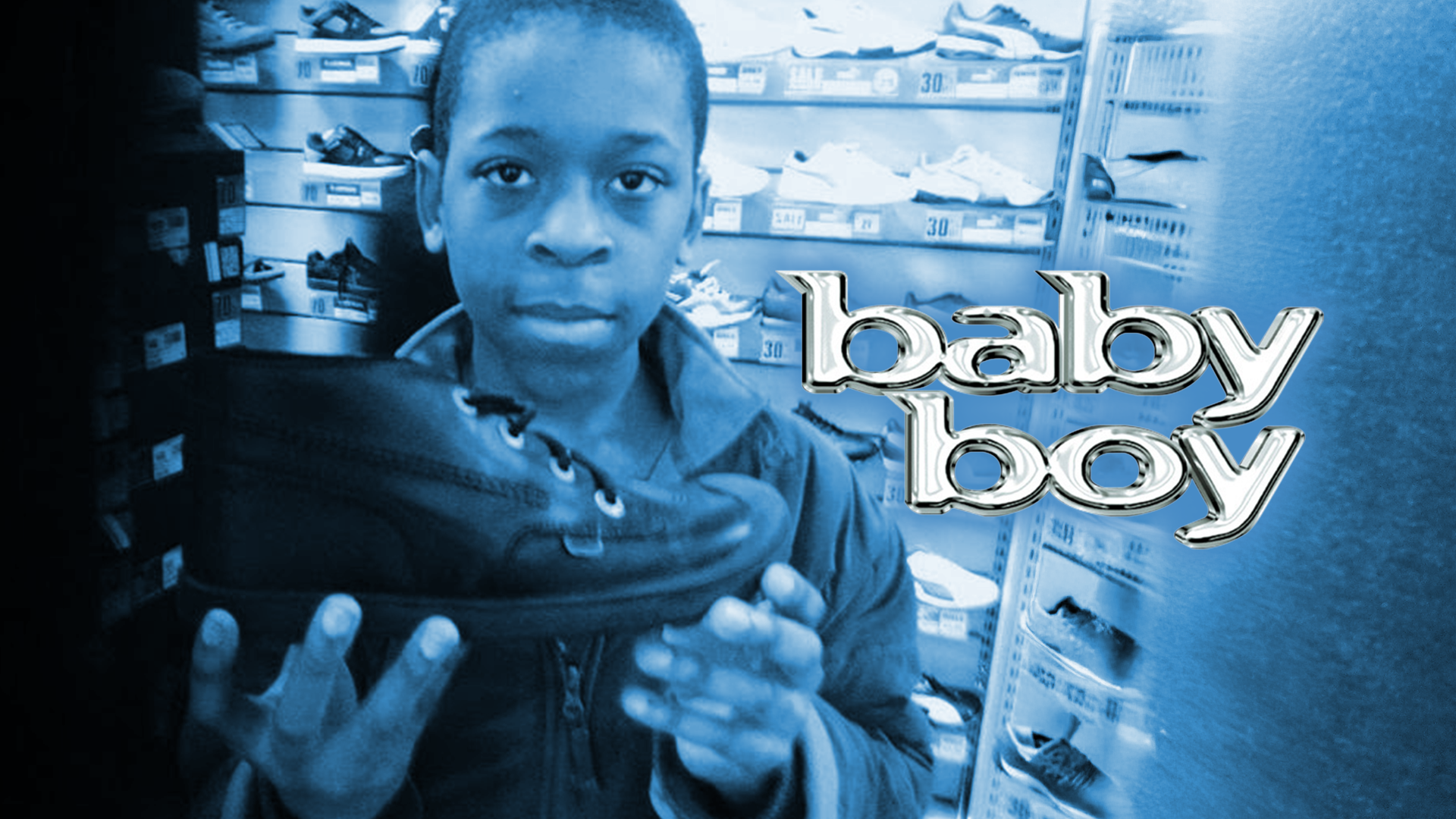baby boy
The Sankofa is a proverbial symbol, originating from the Akan people of Ghana. There are many iterations of what the Sankofa looks like or how the proverb is rendered, but it essentially means “it’s okay to go back and fetch what you’ve left behind”. As referenced in teenage dream: the series episode 4, “mirror mirror”, I first became exposed to the Sankofa through Janet Jackson’s The Velvet Rope (1997), which remains one of the most transformative and important bodies of work that I have ever listened to… so much that I made a 2-hour deep dive series on my YouTube channel.
Naturally, The Velvet Rope embodies some much of what this proverb means; it’s a narrative about how Janet realises the path of self-loathing and destruction she has been on has been a road forged by everything she’s ever experienced. And whilst that seems like a simple notion; reckoning with everything that’s ever happened to you is a monumental task. As it’s not just sieving through every word said, every lie told, or every promise broken. It’s examining everything that constructs your reality.
That was the core provocation of teenage dream: to expose how much the world we live in is a construction. A construction based on historical sequence, a construction based on bias and ultimately, a construction that can’t be packaged as the gospel truth.
How we are taught to wade through the world is a blind belief and tolerance in the structures and systems that exist in front of us. We believe in our systems of governance, and that’s it. We believe in our education systems, and that’s it. So that despite very dense legacies of violence and failure, we still put our fidelity in a world that deep down… we know ain’t shit!
For example, there is not a day I don’t see a homeless person. And I pity homeless people… definitely. Not enough to give money to every homeless person I see… but #hey—and also… that’s not where the line is drawn. The line is drawn at the fact that I and we all, whether we say it or not, accept homelessness as part of a natural social order.
I doubt most people like the concept of homelessness. I doubt most people wouldn’t actively be against eradicating homelessness. But most people’s imagination doesn’t extend far enough to imagine a world that can be simultaneously better for them, as well as other people. This creates a culture of casual apathy. All this culture does is reinforces within the collective consciousness that yeah, that’s the way of the world - and it's our apathy that makes it go round. The danger that comes with it is that what we accept become the commandments of social reality. This deludes many into the devotion of truths that can be easily reconciled and dismantled through understanding history and how deeply connected everything we experience right now is with the past. Nothing illustrates this clearer that how much of our upbringing impacts how we understand and express self.
I intentionally try to create space for the previous versions of myself that I haven’t historically been or felt the kindest towards. Especially my teenage selves.
My teenage years left me feeling jaded. But being jaded was always an inevitability to me. I always saw myself as someone that discordant with everyone else. I will admit that I’m the author of my own confusion here for wholeheartedly believing this about myself for so long. But at the same time, I didn’t end up here independently. Everything that has been said, assumed or done to me has drawn me close to my own inner depravity. Reckoning with how much my current self-concept has been dictated by interactions I couldn’t prevent or things I can’t control is nauseating. I wasn’t born hating certain parts of myself, but I accept it like it’s natural for me to be at odds with myself.
For I do not understand my own actions. For I do not do what I want, but I do the very thing I hate. Now if I do what I do not want, I agree with the law, that it is good. So now it is no longer I who do it, but sin that dwells within me. For I know that nothing good dwells in me, that is, in my flesh. For I have the desire to do what is right, but not the ability to carry it out.
Romans 7:15-18
That’s because I do believe that it’s natural for me to be at odds with myself. Through the course of my upbringing, I’ve gladly accepted the fact that, within, my members warred against each other; and that every thought or action had an impact on my moral and eternal upstanding. I can acknowledge that this isn’t the most measured way to interpret my entire upbringing, but there is a dark cloud that hangs over my formative years, and it’s one that has been difficult to shake. Why is this life? Why is trial and tribulation commonplace?
What we accept become the commandments of our social reality. Acceptance here isn’t about tolerance—but belief. The problem with homelessness isn’t because we don’t tolerate homeless people, we believe in homelessness. We don’t just tolerate material and existential suffering; we believe in suffering as a part of the human condition. History shows that belief predates action: what you believe informs what you tolerate. And on the topic of suffering and misery, I have always been bothered by how hard it is to shake. Suffering is just something that persists and No matter the depth of its affliction of your mind, heart and soul—so do you. You contend and then accept the fact that you just suffer. There is something almost sensual about the relationship this creates within with pain. As the romance of suffering is much more alluring than the possibility of no suffering.
Why can’t you imagine a future where you don’t have to tolerate all that you do? Why can’t you imagine a future where homelessness doesn’t exist?
Ultimately, it’s our collective beliefs and our collective apathy which fuels both our tolerance levels and this lack of utopian imagination; this inability to envision a future that is a net-positive to everyone. That’s due to the belief that it’s impossible to cater to the needs and happiness of everyone…right? It’s why most people don’t give money to homeless people, but will have nothing to say about governments spending taxpayer money on anti-homeless architecture—when it’s quite clear how this would significantly contribute to their further suffering. The reality of the society we live in is that most adults in this country have less than a month’s cover in the case of an unexpected emergency. Meaning for most of us, all it can take is less than three months for homelessness to become your circumstance.
Hostile architecture is truly very sinister. Photo by Wolfgang Hauptfleisch
We accept it for the world and we accept it for ourselves. Part of it is because we are so frighteningly unaware of how truly fucked we are under this social climate. But I can also acknowledge that some people can just tolerate the fucking and “ball”. And Praise God for them… but that doesn’t work for me!
Ignorance has never seemed like true bliss, but merely another form of opium. True bliss to me—is on the other side of liberation. When you have reckoned with the world, what it has made you and realise that’s not what you want nor who you have to be. This is why teenage dream is and why it ends with a symbolic depiction of the Garden of Eden, more specifically the rivers of Eden.
Coming to terms with your past unveils an inner strength that allows you to reimagine it. Because that dark cloud that looms over and tinges my upbringing with an indescribable blue is not something I carry around with me for the rest of my life. That’s why I made teenage dream, but also the journey of making it led me back to my imagination in such a freeing way. The surrealist nature of the last two episodes of teenage dream and my newfound trajectory as a Power Ranger can really be summed as me making a very intentional and bold transgression to honour a past version of myself over honouring this perception of an audience informed by society and my negative experiences being part of one.
For myself and my self-concept, I can be in the Garden of Eden and reject the fruit and the curse of original sin because for me… #fuckthat. For myself and my self-concept, I can be a Power Ranger purely because it makes me happy and brings me joy. The truths behind these choices can seem and sound so simple, but the world takes away simple joy from you. It takes your beauty for ashes, and instead everything becomes defined by plight and struggle… #fuckthat.
So #yeah, go back, unearth and understand everything that has made you what you are. When you come to a space of reconciliation with all that is —and the constructivist nature of it —you realise, hold up… maybe I too can construct my reality? Maybe not enough to end homelessness, but maybe it’s enough that you don’t hate how you look in the mirror or harbour grief or despondency about your life – whether that be your past, present or future.
Connect with your inner child, who you were before the world got its hands on you, and really and truly… you go from there. And that’s the spirit of teenage dream and the spirit of this blog where I will continue to share my Manifesto until we are enough to mobilise to the streetz! (I wonder if saying something like this would get me put on a list.)






